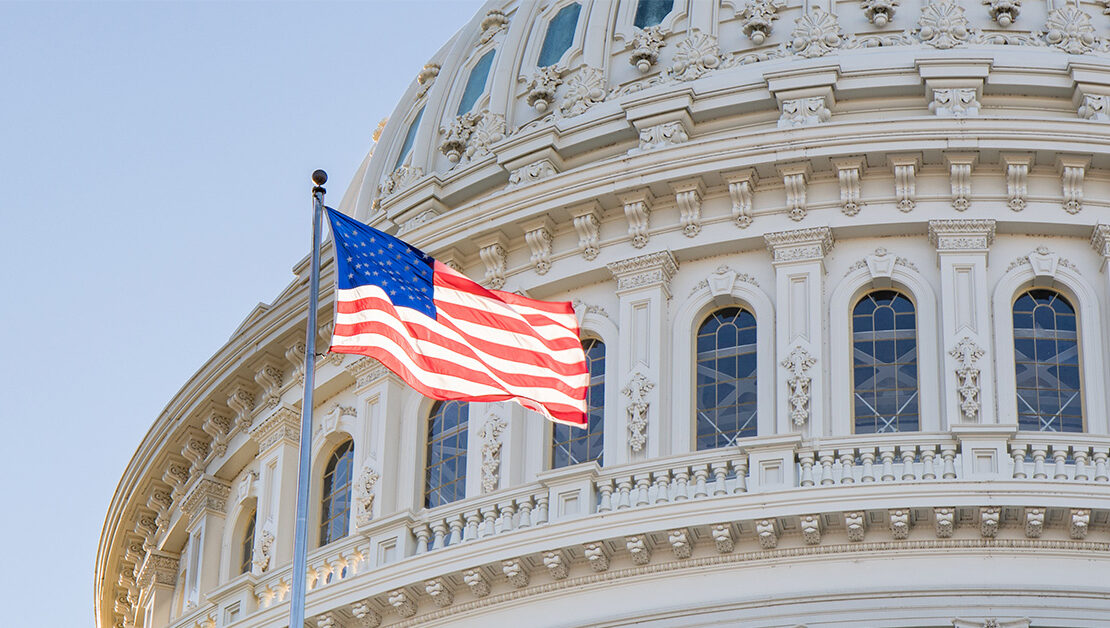Pros & Cons of Federal Rescheduling of Cannabis: A Game-Changer for Operators?

In this analysis, we’ll delve into the potential impact of federal rescheduling on operators, exploring the top expected pros and cons that come with this pivotal shift. The situation is still developing and much of the industry can only speculate on how, when, and what the changes will be for cannabis operators.
On Tuesday April 30, 2024 a historic shift in American drug policy, could lead to significant effects for cannabis operators across the country, if the DEA moves marijuana from its current classification as a Schedule I drug to Schedule III. This change is following a recommendation from the federal Health and Human Services Department. Justice Department director of public affairs Xochitl Hinojosa said in a statement about the proposal. “Once published by the Federal Register, it will initiate a formal rulemaking process as prescribed by Congress in the Controlled Substances Act.” Source
The ongoing debate over the federal scheduling of cannabis in the United States has been a focal point for policymakers, businesses, and advocates alike for decades and has just heated up. Currently categorized as a Schedule I substance under the Controlled Substances Act (CSA), cannabis is subject to strict regulations that have far-reaching implications for operators within the industry. However, the possibility of federal rescheduling has ignited hopes for significant changes that could shape the future landscape of the cannabis market.
With the uncertainty and massive changes this could bring to the industry, we know WeCann is an even more important resource to operators nationwide to successfully navigate the new licensing. Contact us for questions, commentary, and insights on how to be prepared for the future.
 Pros of Federal Rescheduling for Cannabis Operators:
Pros of Federal Rescheduling for Cannabis Operators:
1. Access to Financial Services:
One of the most pressing challenges facing cannabis operators is the lack of access to essential banking and financial services. Due to federal prohibition, many banks and financial institutions are hesitant to work with cannabis-related businesses, fearing legal repercussions. Federal rescheduling could potentially alleviate this issue by providing a clearer regulatory framework and reducing the risk for financial institutions. This would enable cannabis operators to access traditional banking services such as loans, lines of credit, and merchant accounts, fostering stability and growth within the industry.
2. Expansion of Research Opportunities:
Another significant barrier imposed by cannabis’s Schedule I status is the limited opportunity for scientific research. Current regulations make it difficult for researchers to conduct comprehensive studies on cannabis’s medical properties and potential therapeutic benefits. Federal rescheduling would remove some of these barriers, allowing for more extensive research initiatives and clinical trials. This could lead to groundbreaking discoveries in areas such as pain management, neurological disorders, and mental health treatments, ultimately benefiting patients and advancing medical science.
3. Interstate Commerce and Market Growth:
The fragmented nature of the cannabis market, with varying regulations from state to state, has posed challenges for businesses looking to expand beyond their local markets. Federal rescheduling could pave the way for interstate commerce in cannabis products, creating a more unified and expansive market. This would enable operators to scale their operations more efficiently and reach a broader customer base. Additionally, it could stimulate innovation and competition within the industry, driving product development and consumer choice.
If Interstate Commerce becomes a reality, than California cultivation businesses just became valuable again, as their product are far superior to the majority of other states due to climate, resources, and knowledge.
Related Article:
Should I Invest in Legal Marijuana Industry?
This change to regulatory framework further supports the point that now is the time to invest, before the federal government changes laws / regulations and the value of businesses begin to skyrocket. A canna-investors options vary and will depend on their own personal risk profile and appetite.
A canna-investor can:
- Become a cannabis landlord
- Originate a retail cannabis business permit
- Purchase a fully operational cannabis business
- Purchase a pre-operational cannabis license and complete requisite steps to become operational
- Op-ex and/or cap-ex investment/lending opportunities
- Purchase distressed assets
- Alternative Concepts
Read Article on Investing in Legal Marijuana
 Cons of Federal Rescheduling for Cannabis Operators:
Cons of Federal Rescheduling for Cannabis Operators:
1. Regulatory Uncertainty:
While federal rescheduling holds promise for the cannabis industry, it also brings a degree of regulatory uncertainty. Changes in federal scheduling could necessitate adjustments to existing state regulations, licensing requirements, and compliance standards. Moreover, shifting political dynamics could lead to inconsistencies in enforcement and regulatory frameworks, creating challenges for businesses navigating the evolving landscape.
2. Increased Competition and Consolidation:
Federal rescheduling could attract new players to the cannabis industry, intensifying competition among existing operators. Larger corporations with greater financial resources may enter the market, potentially squeezing out smaller, independent businesses. Additionally, rescheduling could lead to market consolidation through mergers and acquisitions, further challenging smaller operators striving to compete.
3. Impact on Social Equity and Justice:
As the cannabis industry continues to evolve, there is growing concern about ensuring equity and justice for communities disproportionately impacted by past cannabis prohibition. Federal rescheduling could exacerbate existing disparities if not accompanied by measures to address social equity and promote diversity within the industry. It’s essential for policymakers to consider the implications of rescheduling on marginalized communities and implement policies that prioritize equity and inclusion.
Will this change affect 280-e Tax Code?
Our team interviewed a prominent cannabis professional who believes that rescheduling to Schedule III “will only affect 280-e” if an operator does not obtain a Schedule III license, which will be a heavy lift. This is because the DEA wants to do research and moving to schedule III will then encourage more operators to move in that direction. Our client further explained that maybe more banks will be willing to open Tier 1 accounts, but without a proper Schedule III license lending is still a question mark and interstate commerce isn’t really guaranteed. Furthermore, California doesn’t have interstate commerce in place and other legal states may take issue with out of state product flooding their markets. He agreed with Jason Piazza, WeCann’s Director of Real Estate, that Big Pharma may take a stab at getting Schedule III licensure while swooping in on market share at bottom feeder prices.
Will Federal Rescheduling of Marijuana Be a Positive for the Industry?
In conclusion, the federal rescheduling of cannabis holds both promise and challenges for operators in the cannabis industry. While it offers opportunities for financial stability, research advancement, and market growth, it also poses regulatory uncertainties, taxation challenges, and increased competition. As policymakers navigate this complex landscape, it’s crucial to prioritize the needs of businesses, consumers, and communities alike, striving to create a sustainable and equitable cannabis industry for the future.
Our Team is Ready to Support Your Navigation through Future Cannabis Policy
The landscape of the legal cannabis industry is rife with confusing laws, odd terminology, overreaching regulations, burdensome taxation, federal prohibition, price gouging vendors, criminal enterprises, and more! But cannabis is the future, and the future is now. Don’t go it alone, work with competent professionals at your side, helping you make sense of an overwhelming amount of information. Contact us and let’s discuss your future in the cannabis industry.




